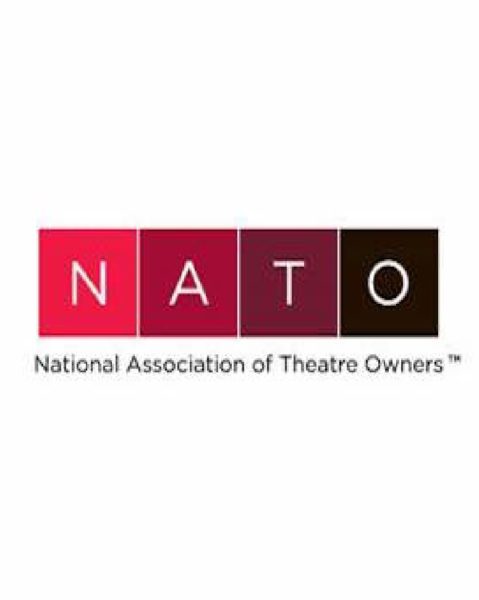The National Association of Theatre Owners (NATO) welcomed a new bipartisan proposal for small business loans introduced in the U.S. House of Representatives last Thursday.
The RESTART Act would build upon the Payment Protection Program (PPP), the federal government’s $669 billion aid program to small businesses enacted in March, but for which new applications expired this past Tuesday, June 30.
The proposal is essentially “PPP Part 2,” but with several changes, including doubling the coverage period from eight to 16 weeks. An organization could be eligible for up to $12 million or 45 percent of their 2019 earnings, whichever is less. Loans would be partially forgivable, with no interest payments due within the first 12 months and no principal payments due within the first 24 months.
“The RESTART Act provides a solution to the desperate need for capital faced by cinemas, theaters, live music venues and performing artists, agents, and touring teams, events management, restaurants, places of amusement, recreational businesses, and health and fitness clubs whose operations have been severely curtailed by the COVID-19 pandemic,” NATO wrote in a joint statement alongside eight other organizations on Thursday.
“Our businesses are integral to the social, cultural, and economic life of our communities, supporting local economies and the dreams of thousands of entrepreneurs,” the statement continued. “Without a loan program such as the one contemplated in the RESTART Act, we fear our businesses simply will not survive this crisis. We urge Congress to pass the RESTART Act and save our businesses.”
The bill’s acronym stands for the Reviving the Economy Sustainably Towards a Recovery in Twenty-twenty Act. The number of House cosponsors does not appear to have been released yet.
The legislation was originally introduced in the Senate a month and a half ago, on May 21, in a version that NATO also endorsed. Eleven bipartisan Senate cosponsors have signed on to that version: six Republicans, four Democrats, and one independent. It has been referred to both the Senate’s Finance and Small Business & Entrepreneurship Committees, but has not yet received a vote in the upper chamber.



Share this post